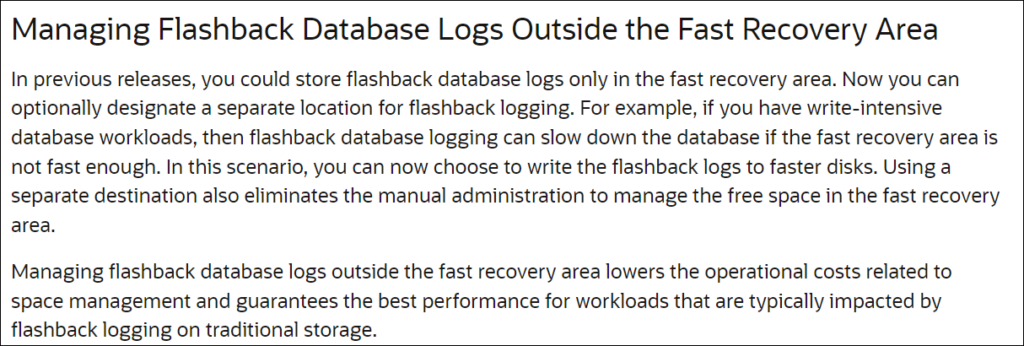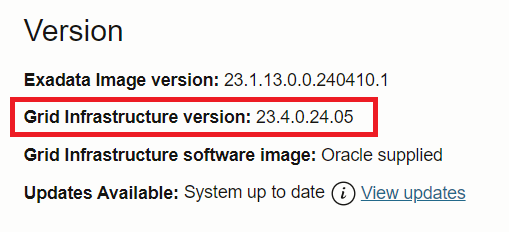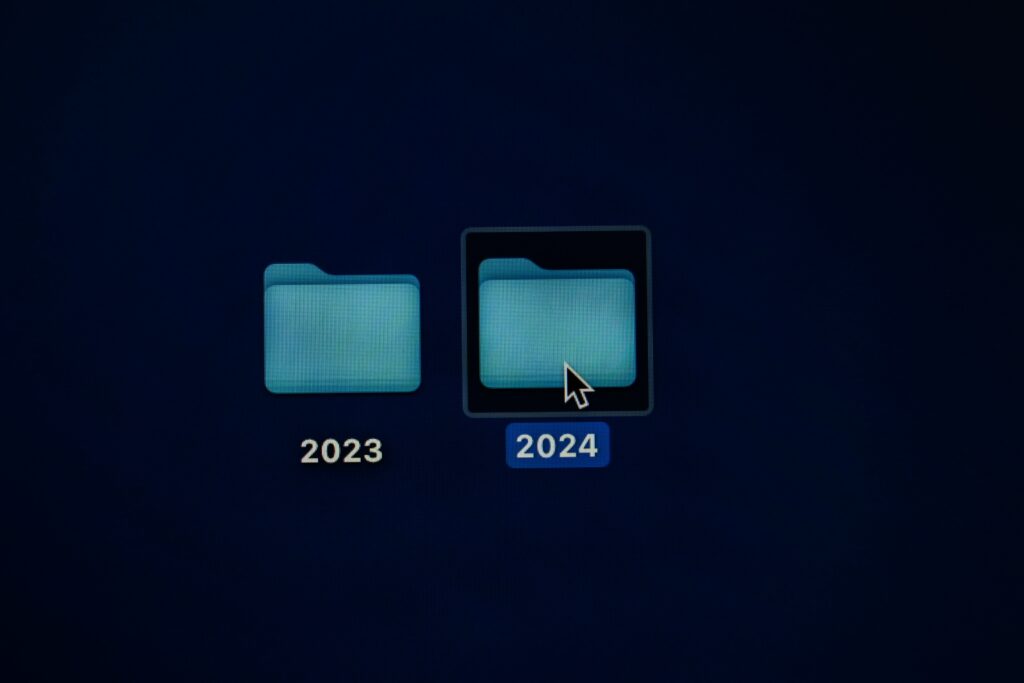Yes, it is a game-changer. It is for DBAs. It is for DevOps. It is for Enterprises too. And it is not because of new internal services, new ways to access data, or the scalability. But because it changes and improves a lot the way that databases can be refreshed, the way that databases are cloned, how to do CI/CD, and how to deliver databases.
Forget all the slowness and painful process when it is needed to clone production databases over lower environments, or when it is required to clone the dev database to another one. Let’s discover below what can be done with Exascale.
Exascale, the basic information
Exascale is built on top of Exadata software. So, all the software features from Exadata are there, the smartscan, the bloom filter, the resource manager, the AI Vector, the JSON, the RDMA, and the RoCE. Even details like the internal services, the MS, CS, and RS continue the same.
On top of that, comes the Exascale software. Several additional services are created to control the communication with the database and deliver the new features. Exascale can be used, deployed, and scaled the way that is needed. It can start, for example, with 300GB until hundreds of terabytes. So, scalability is not an issue.
At Exascale, the usable space is called Vault and the database clusters can share this Vault (imagine that it is the same as ASM diskgroup) to put datafiles redo’s and archivelogs. Going beyond, the storage can be shared (as block devices) by iSCSI to allow plug the Exascale into your network and facilitate the database migrations. When it is OCI, virtual machines can be booted using the Vault as a bootable device.
The communication with databases does not change too much, the Oracle database kernel talks directly with Exascale Vault. So, the first big change, ASM does not exist for 23ai and newer versions. All the redundant processes consuming CPU and memory (by ASM) are gone (imagine all the clusters of ExaCC/ExaCS/Exadata, all of them with their own ASM process). With Exascale they don’t exist anymore because, now, the databases talk directly with Exascale and the Vault. For the 19c database, the ASM is still in place. But at the same Exadata Exascale appliance can have clusters running in 23ai, and others in 19c.


